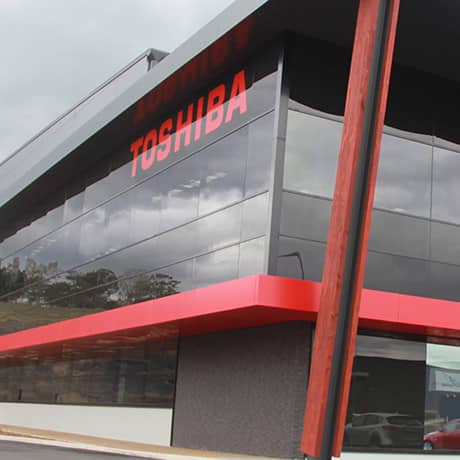20 YEARS B2B & B2C
EFFECTIVE MARKETING PROJECTS FOR SME’S
Effective marketing projects are well-planned and executed initiatives aimed at promoting a product, service, or brand to a target audience. These projects typically involve a series of coordinated activities designed to achieve specific marketing goals, such as increasing brand awareness, generating leads, driving sales, or building customer loyalty. Below are key characteristics and components of effective marketing projects:
-
- Clear ObjectivesEffective marketing projects start with clear, measurable objectives. These goals guide all project activities and help in evaluating success. Objectives can range from increasing website traffic by a certain percentage, generating a specific number of leads, or achieving a particular sales target within a set timeframe.
- Target Audience IdentificationUnderstanding the target audience is crucial. This involves detailed market research to define the demographics, preferences, behaviours, and pain points of the audience. A well-defined target audience ensures that marketing efforts are focused and relevant, increasing the likelihood of engagement and conversion.
- Strategic Planning A strategic plan outlines the steps needed to achieve the marketing objectives. This includes selecting the right marketing channels (such as social media, email, SEO, PPC, etc.), crafting compelling messages, and developing a content calendar. The plan should also allocate resources, set timelines, and define responsibilities.

Wholesale
True Blue Chemicals

Flooring
Lucky Floors

METAL RECYCLING
Top Dollar Metal Recycling

Kids
Mighty Brains Academy
- . Integrated Marketing Communications Effective projects often employ an integrated marketing communications (IMC) approach, ensuring consistent messaging across all channels. This builds a coherent brand image and maximizes impact. For instance, a product launch might include coordinated efforts in social media marketing, email campaigns, PR activities, and in-store promotions.
- Creative and Engaging Content Content is at the heart of most marketing projects. High-quality, engaging content tailored to the target audience’s interests and needs is essential. This can include blog posts, videos, infographics, social media posts, and more. Effective content not only attracts attention but also encourages sharing and interaction.
- Use of Technology and Tools Leveraging marketing technology (MarTech) and tools can enhance the efficiency and effectiveness of marketing projects. Tools like customer relationship management (CRM) systems, email marketing platforms, analytics tools, and automation software can streamline processes and provide valuable insights.
- Data-Driven Decision Making Successful marketing projects rely on data to guide decisions. This involves tracking key performance indicators (KPIs) such as conversion rates, click-through rates, and ROI. Analysing this data helps in optimizing strategies and tactics in real-time, ensuring the project stays on track to meet its objectives.
- Flexibility and Adaptability The marketing landscape is dynamic, requiring projects to be flexible and adaptable. This means being open to change based on feedback and performance data. Agile marketing approaches, where projects are broken down into smaller, iterative phases, can be particularly effective.
- Collaboration and Teamwork Marketing projects often involve multiple stakeholders, including marketing teams, sales departments, external agencies, and other partners. Effective collaboration and clear communication among all parties are crucial for project success.
- Post-Project Evaluation After the project concludes, a thorough evaluation is necessary. This involves assessing the outcomes against the set objectives, identifying successes and areas for improvement, and gathering insights to inform future projects.








